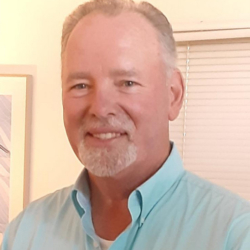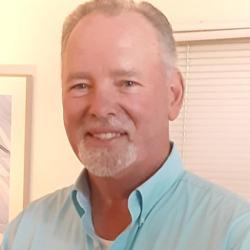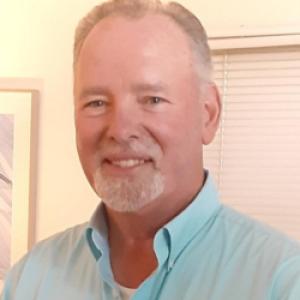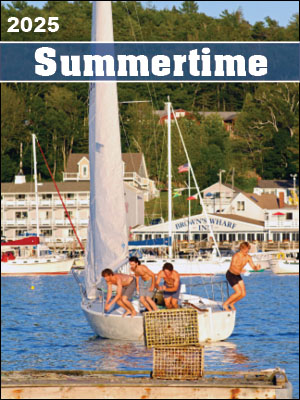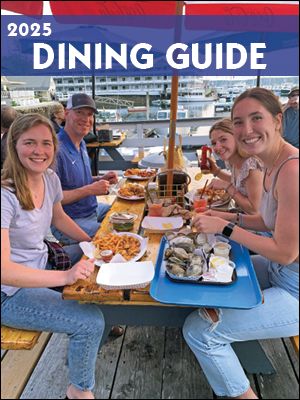Waldoboro lawmaker under investigation for allegedly forging signatures
AUGUSTA — Just a little more than a month after being elected to serve in the 131st Maine State Legislature, a Waldoboro man is under investigation by the Maine Attorney General’s Office over an accusation of signature fraud related to his legislative campaign.
Rep. Clinton Collamore, a Democrat, qualified in April 2022 for initial payments for his primary and general election races, and for six supplemental payments thereafter, according to a memo by Jonathan Wayne, the executive director of the Commission on Governmental Ethics and Election Practices.
The memo is part of the Jan. 30 pre-meeting packet for the Commission. That meeting will be conducted in person and streamed on the Commission’s YouTube channel. A link to the channel may be found at www.maine.gov/ethics. The full meeting packet is available here.
Collamore represents House District 45, comprising the communities of Bremen, Friendship, Louds Island, Waldoboro and Washington.
The lawmaker, a fourth generation lobsterman and graduate of Medomak Valley High School, worked as a machinist for 20 years at Bath Iron Works and served as president of its machinist union. He also spent 18 years as a Waldoboro selectman, and has held membership with the Waldoboro Shellfish Commission.
In order to qualify for public campaign funds through the Maine Clean Election Act, candidates for legislative seats must collect qualifying contributions of $5 from a minimum of 60 registered voters within the district they are seeking election. In addition to the $5 contribution, voters donating must sign a form affirming they made the contribution using personal funds.
“The contributor’s signature on the form is important to the integrity of the program because it verifies that a $5 contribution was actually made in support of the candidate,” Wayne wrote in the memo.
Collamore, along with a Sanford legislative candidate, are accused of forging signatures to qualify for this funding.
After receiving $14,274 in MCEA funds, a candidate registrar for the commission noticed a pattern in contributor signatures on Collamore’s forms, according to the memo.
After staff re-examined the forms, they identified more than 30 contributors with signatures appearing to not be “genuine.”
“Our opinion was that the candidate had signed for the contributors,” Wayne wrote in the memo, while noting attempts were made to validate signatures with at least some of the contributors in question.
Four contributors reviewed forms submitted by Collamore and confirmed they had not signed the forms, the memo alleges.
In the other case investigated by the commission, Matthew Toth, of Sanford, was also suspected of signature fraud relating to the MCEA funding. At least 12 signatures in Toth’s records were deemed by investigators as not being genuine. After interviewing nine individuals, seven were confirmed to not be authentic and three “appeared” to not have made a qualifying $5 contribution.
Toth, who sought election to House District 143 as a Republican, was denied MCEA funding in April 2022 based on the investigation and withdrew from the general election ballot.
Both matters were turned over to the Attorney General, and the office obtained indictments of both men in December 2022, according to the memo.

